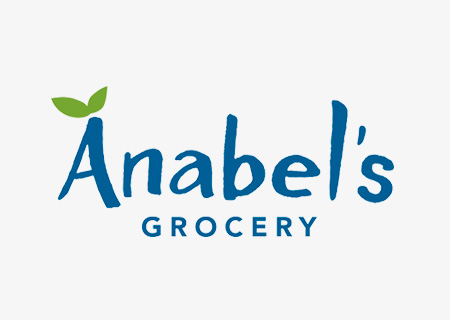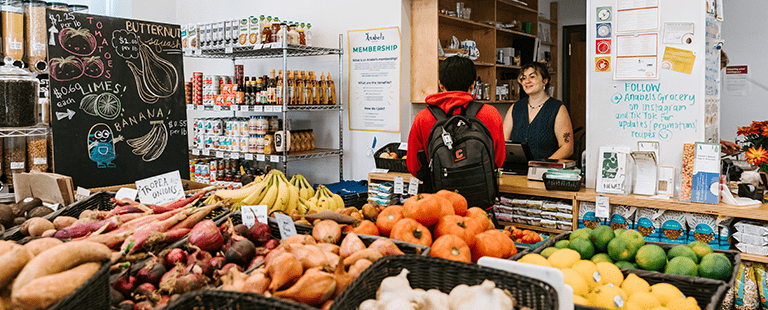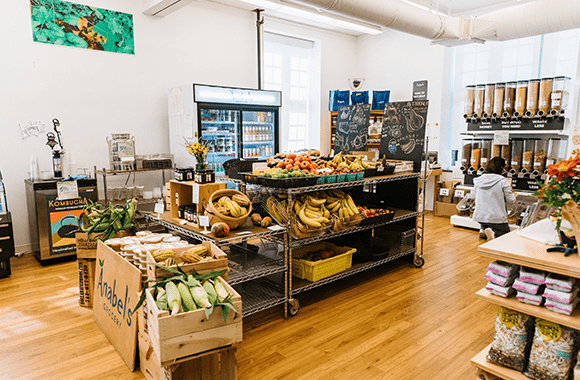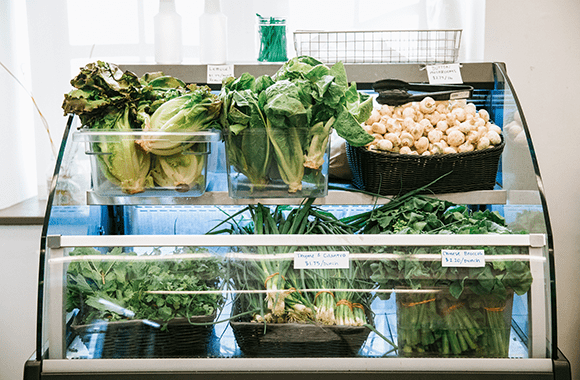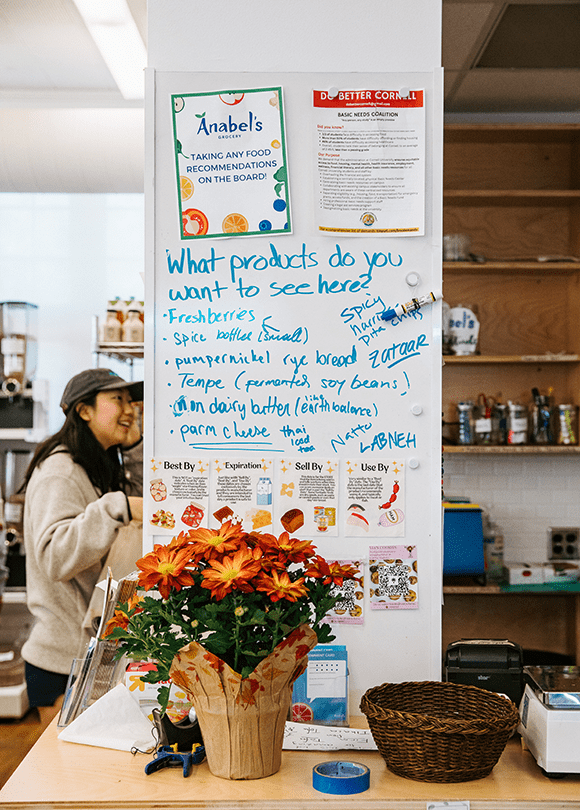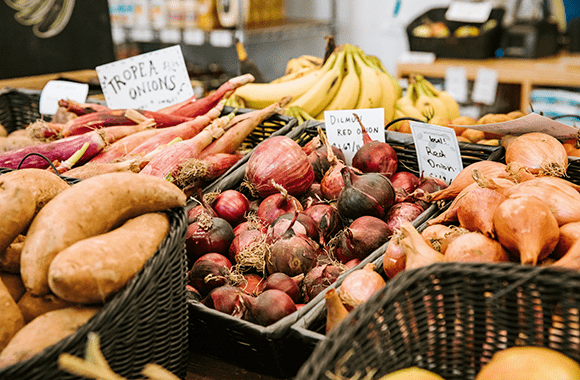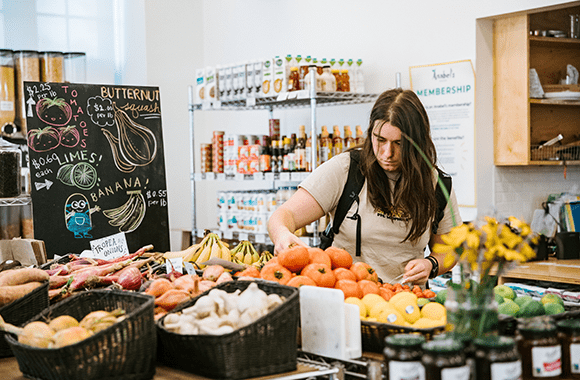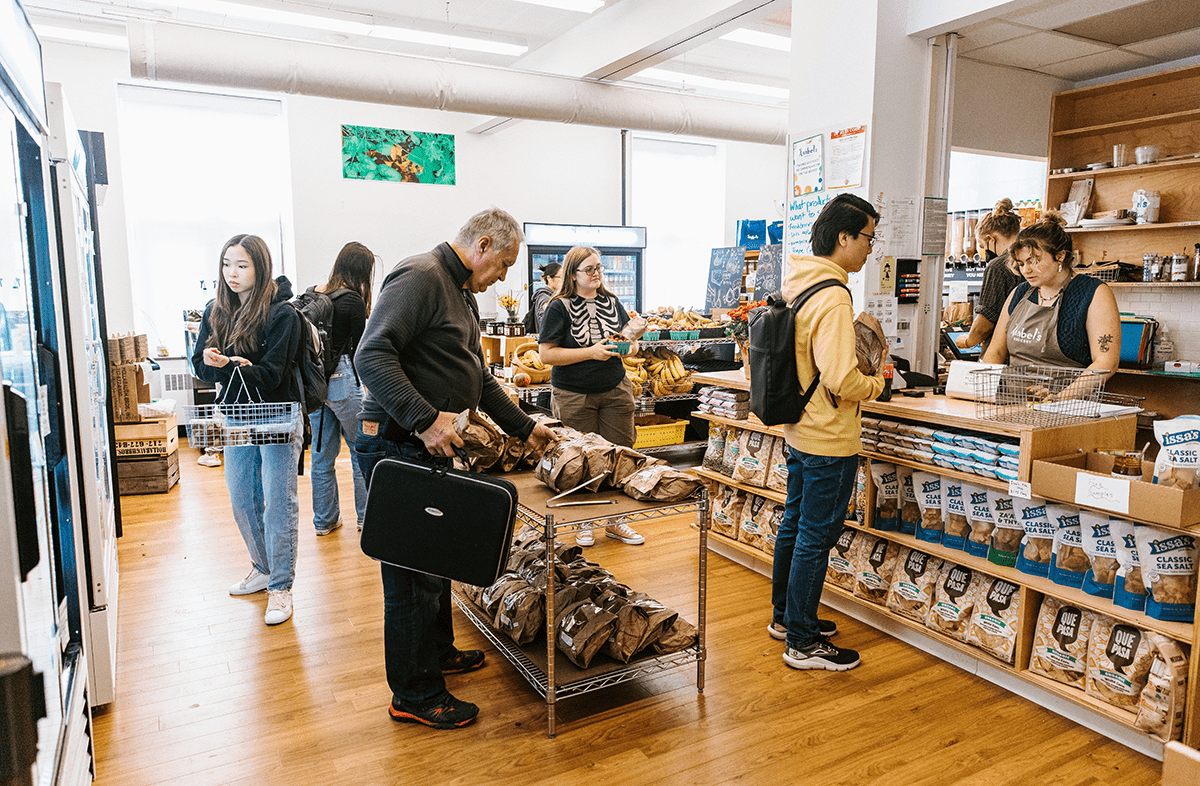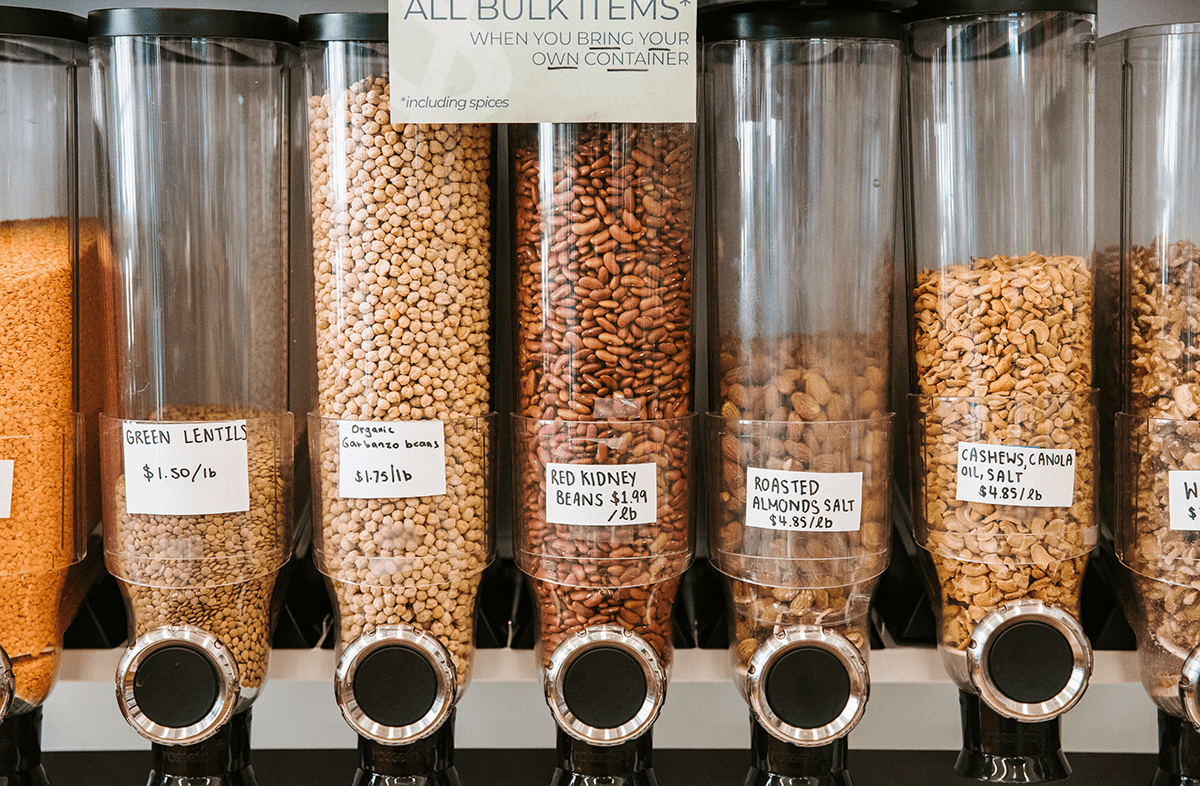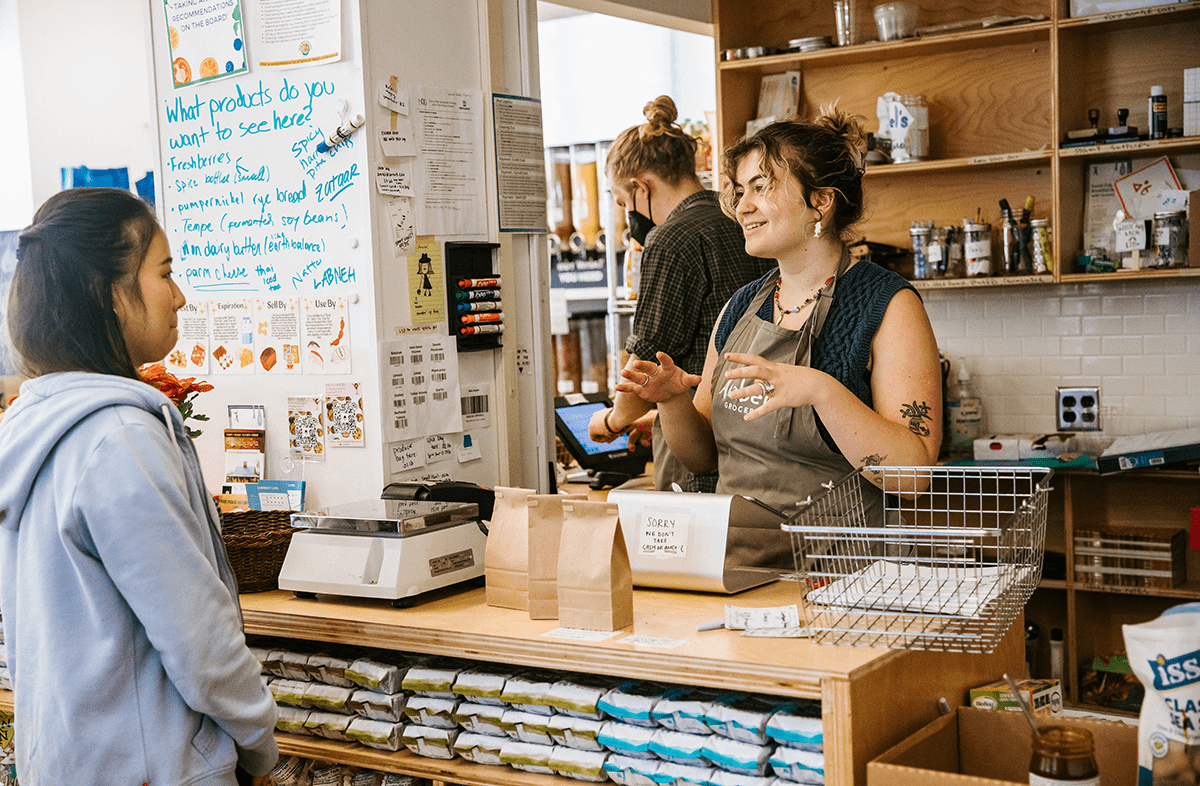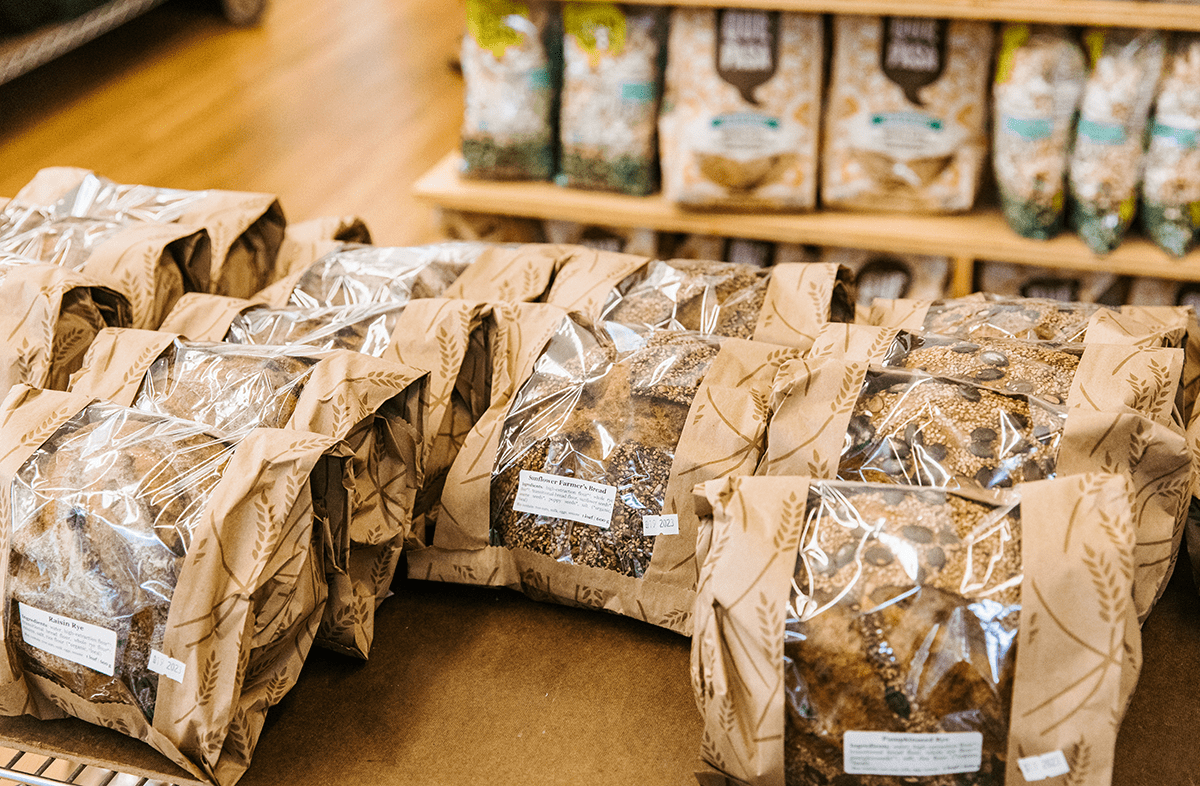Nourishing community at Cornell University
Anabel’s Grocery stands as a testament to grassroots activism and student-driven solutions at Cornell University. Formally founded in 2017, it emerged from years of dedication by two Cornell University students, Matthew Stefanko and Emma Johnson. They recognized a pressing issue among their peers—many students weren’t able to afford three meals a day and were compromising on nutrition to save money. Observing students skipping meals due to financial constraints, they approached university administrators, only to find limited recourse as the need-blind admission process was designed to provide enough financial aid, including dining passes. Undeterred, and with the support of faculty and staff allies, they pushed for awareness of food insecurity.
This advocacy led the university to incorporate questions about food insecurity in an annual survey, revealing that 22% of students admitted to often skipping meals to save money. Matthew and Emma were determined to create a solution that wouldn’t perpetuate the stigma associated with food pantries but would instead provide a dignified way for students to access affordable food.
Their efforts evolved into what is now Anabel’s Grocery, whose mission is to provide fresh, nutritious, and affordable food for all Cornell students. Run entirely by students, the on-campus retail location provides affordable food, and the organization offers workshops and seminars about healthy eating habits and food preparation. The store offers discounted prices for fresh produce and staple items, making healthy food more accessible. Cooking workshops and nutrition seminars aim to empower individuals with the knowledge and skills necessary to make informed dietary choices on a budget.
